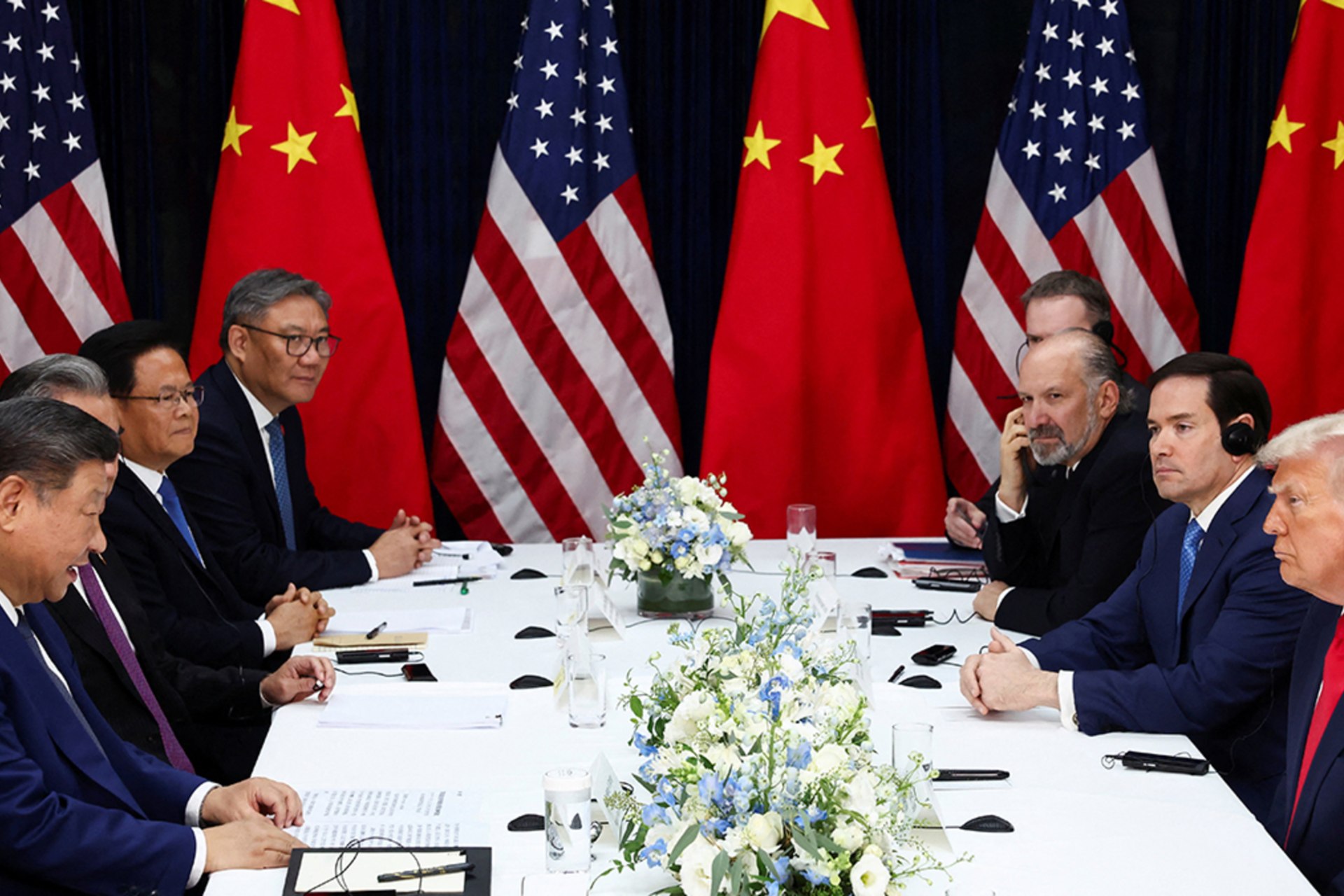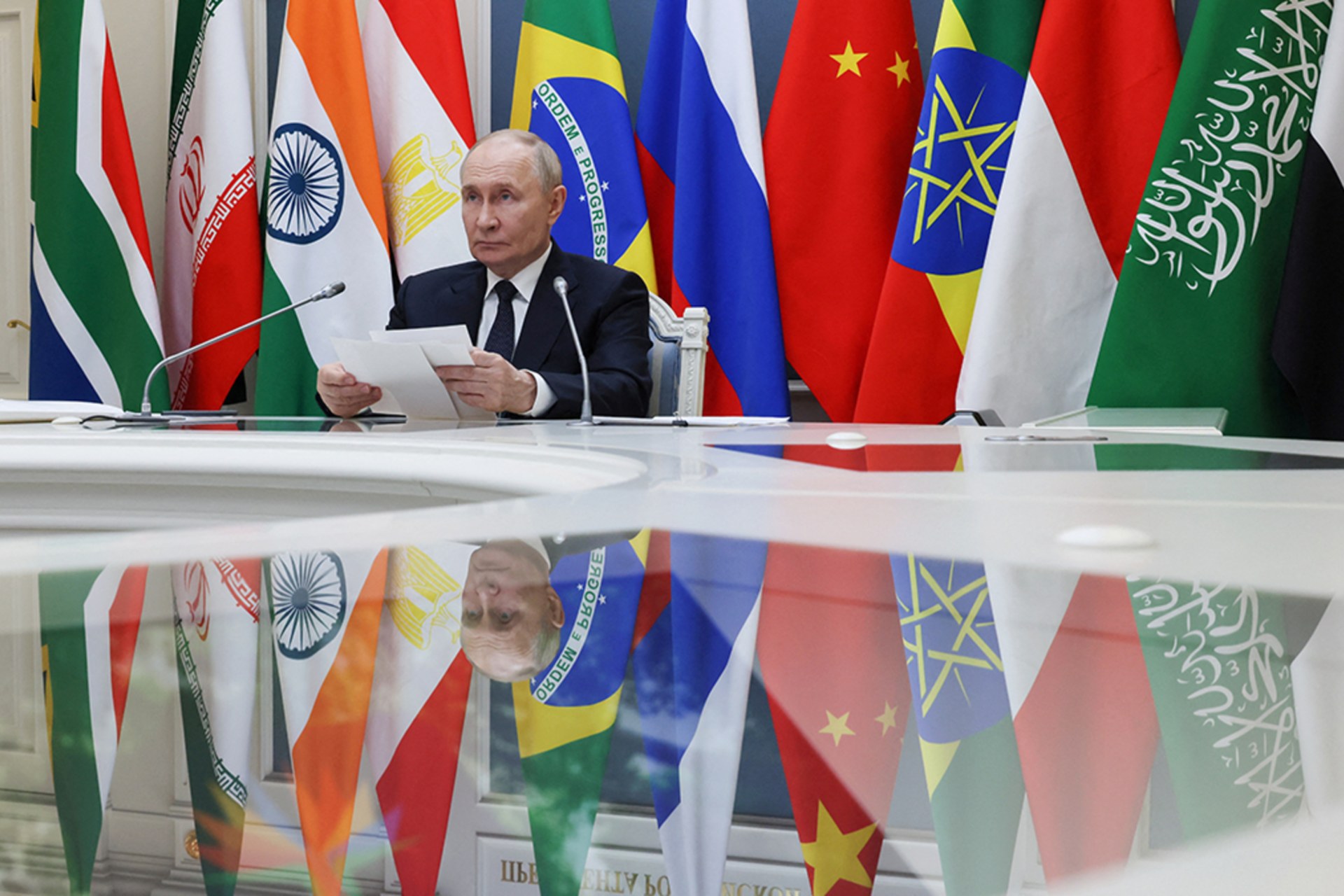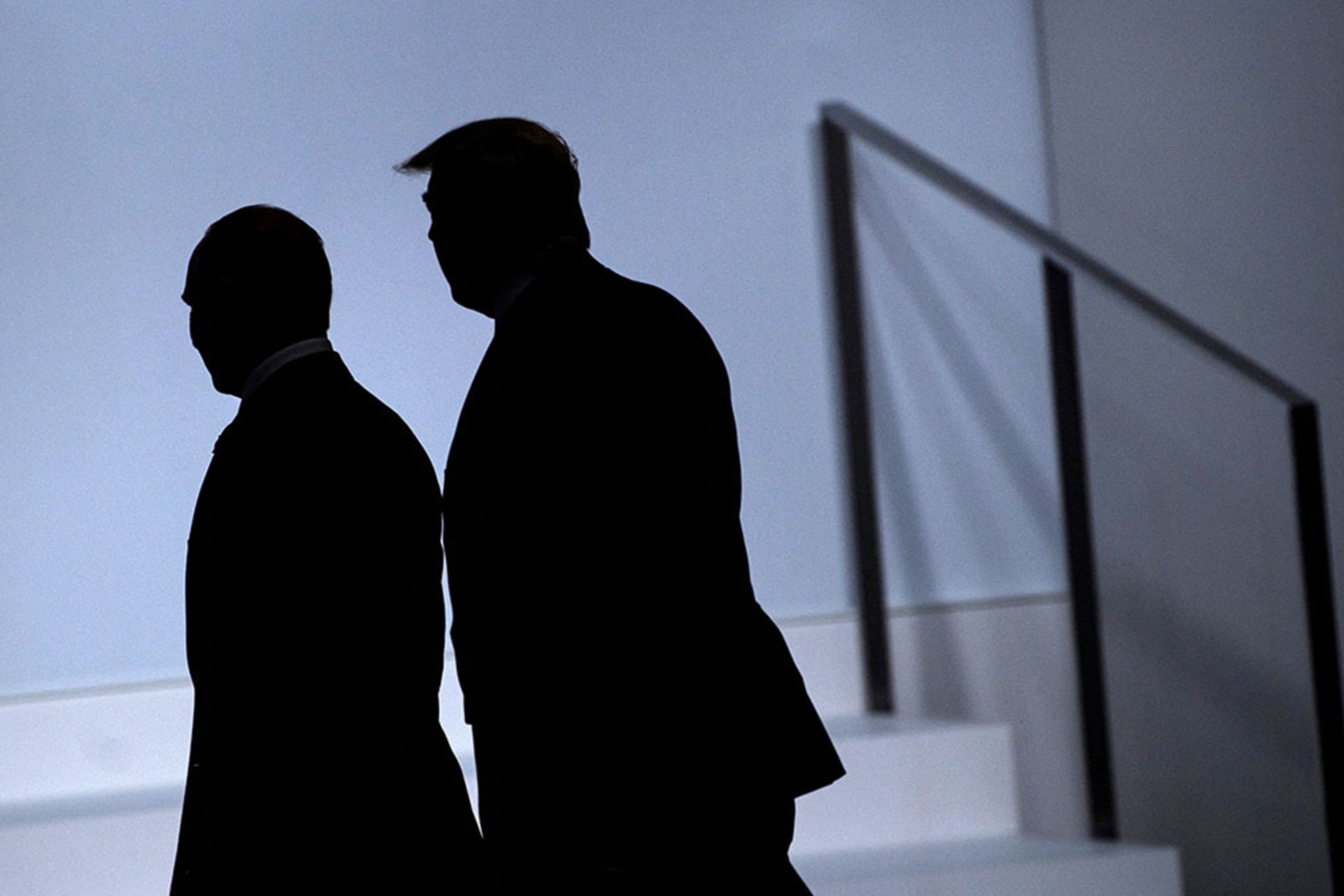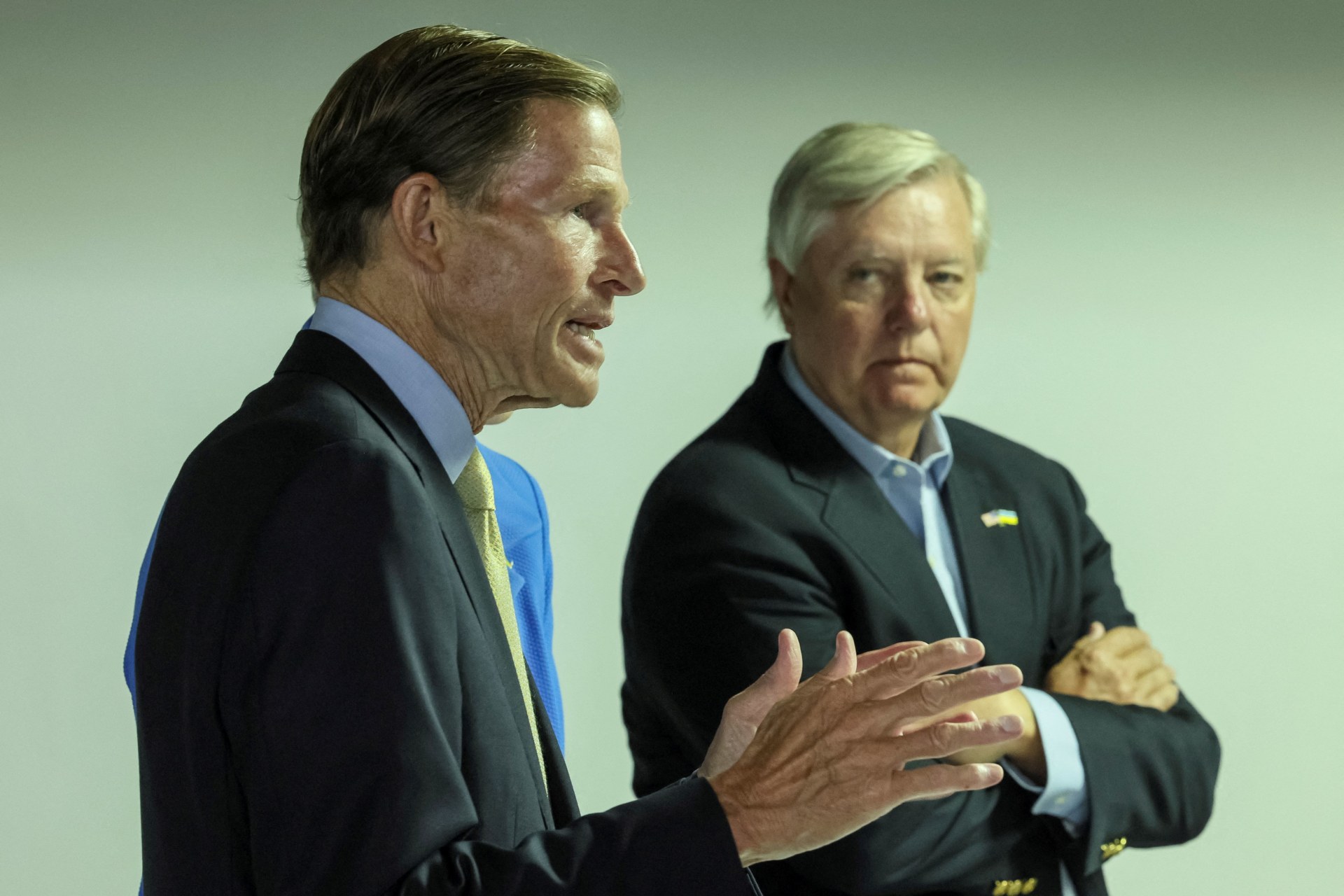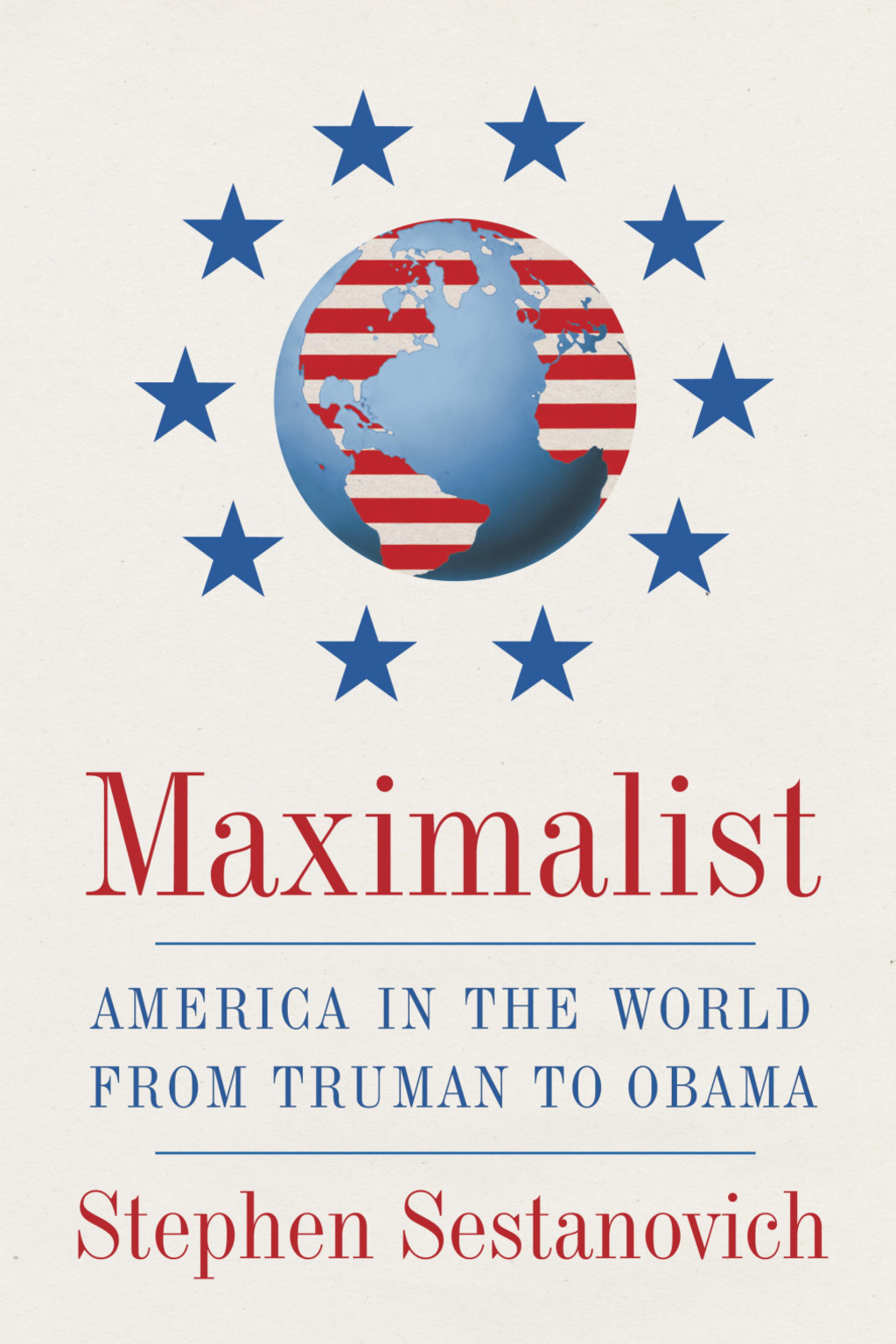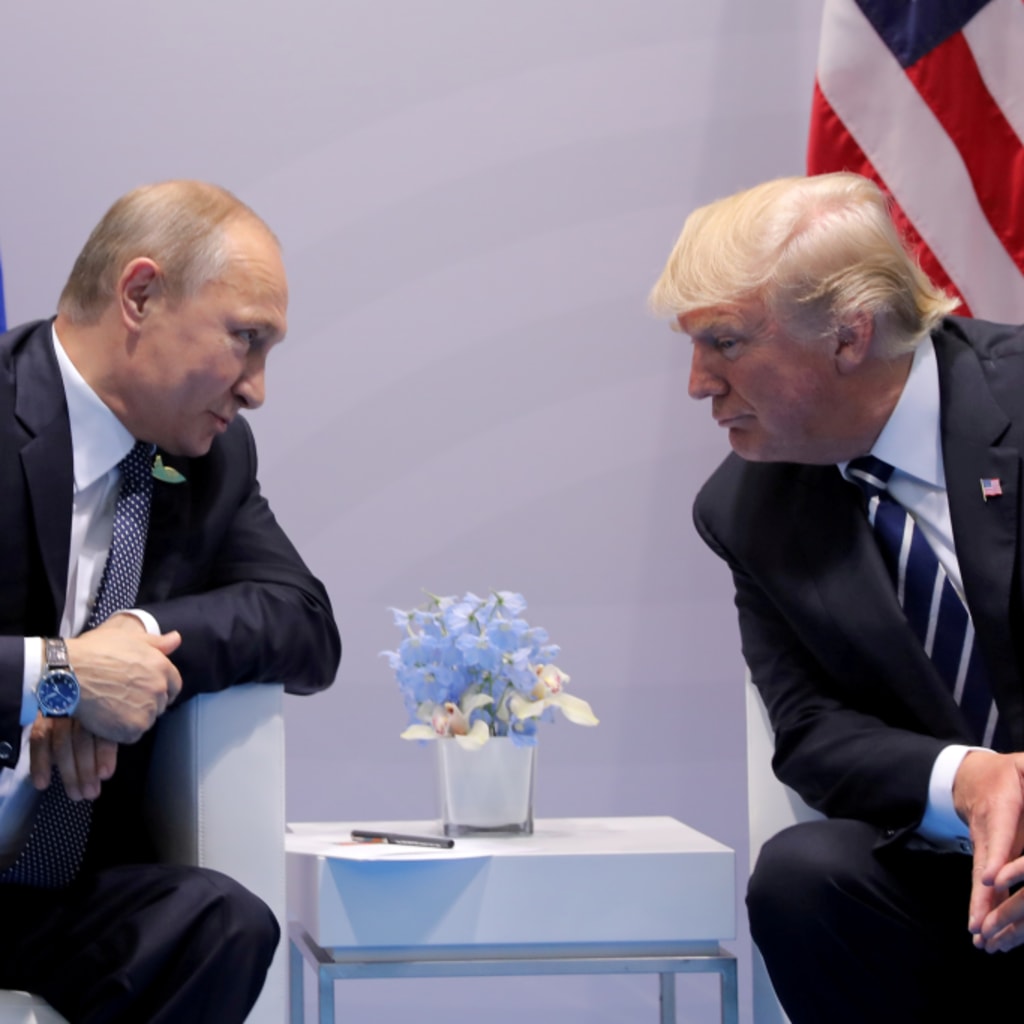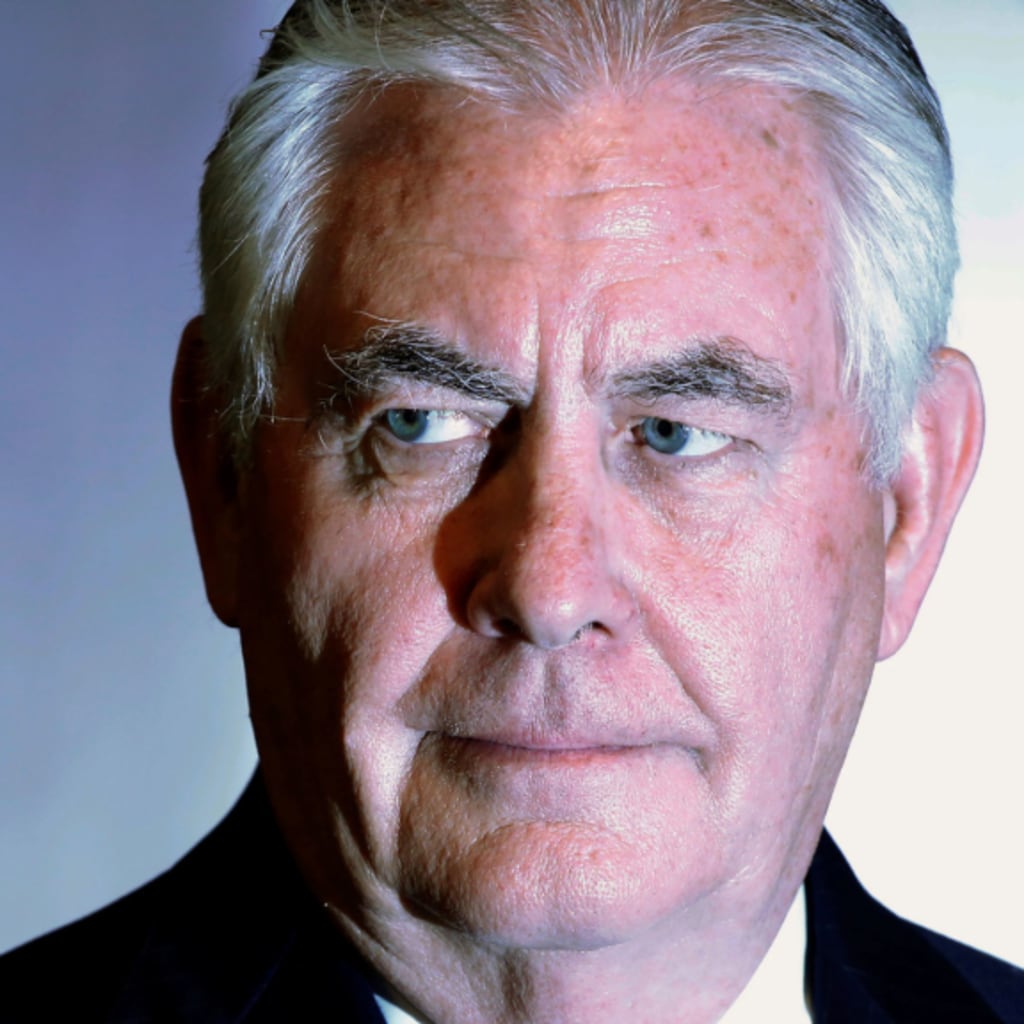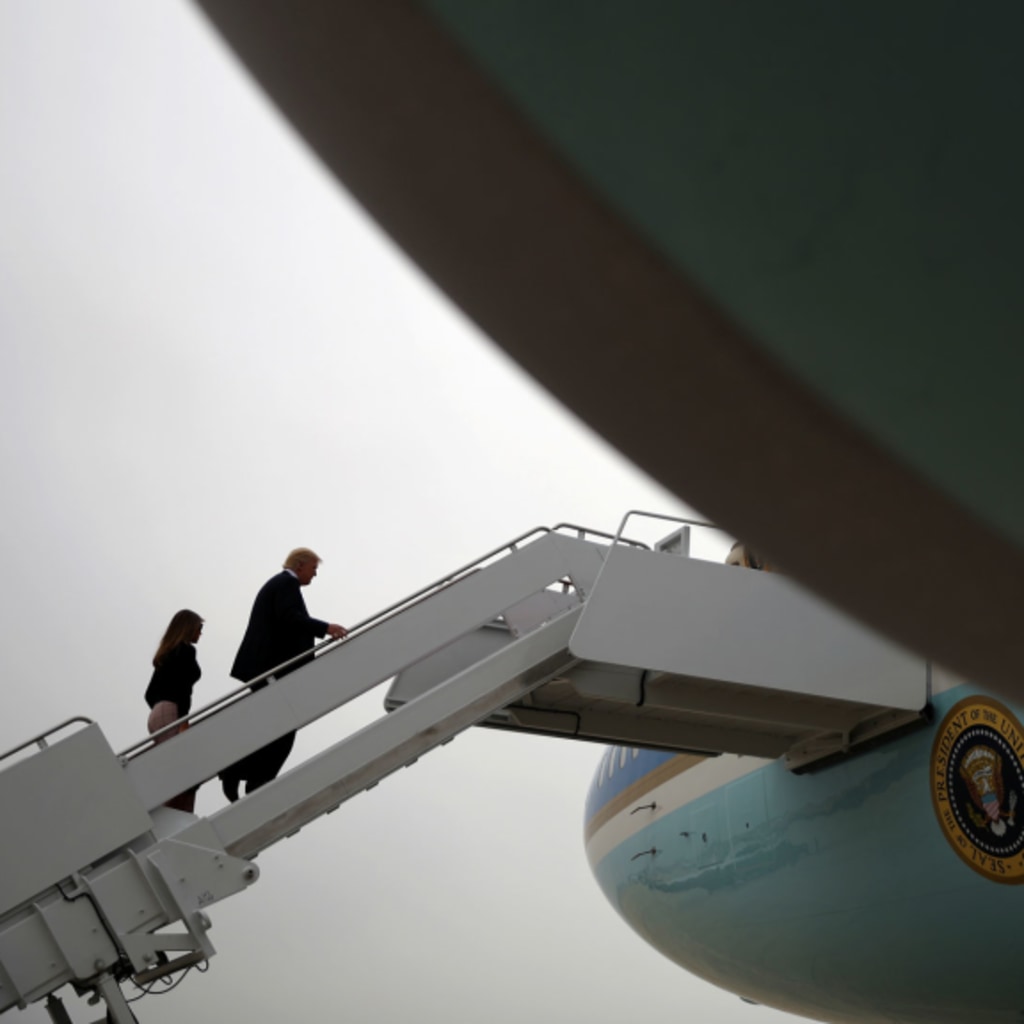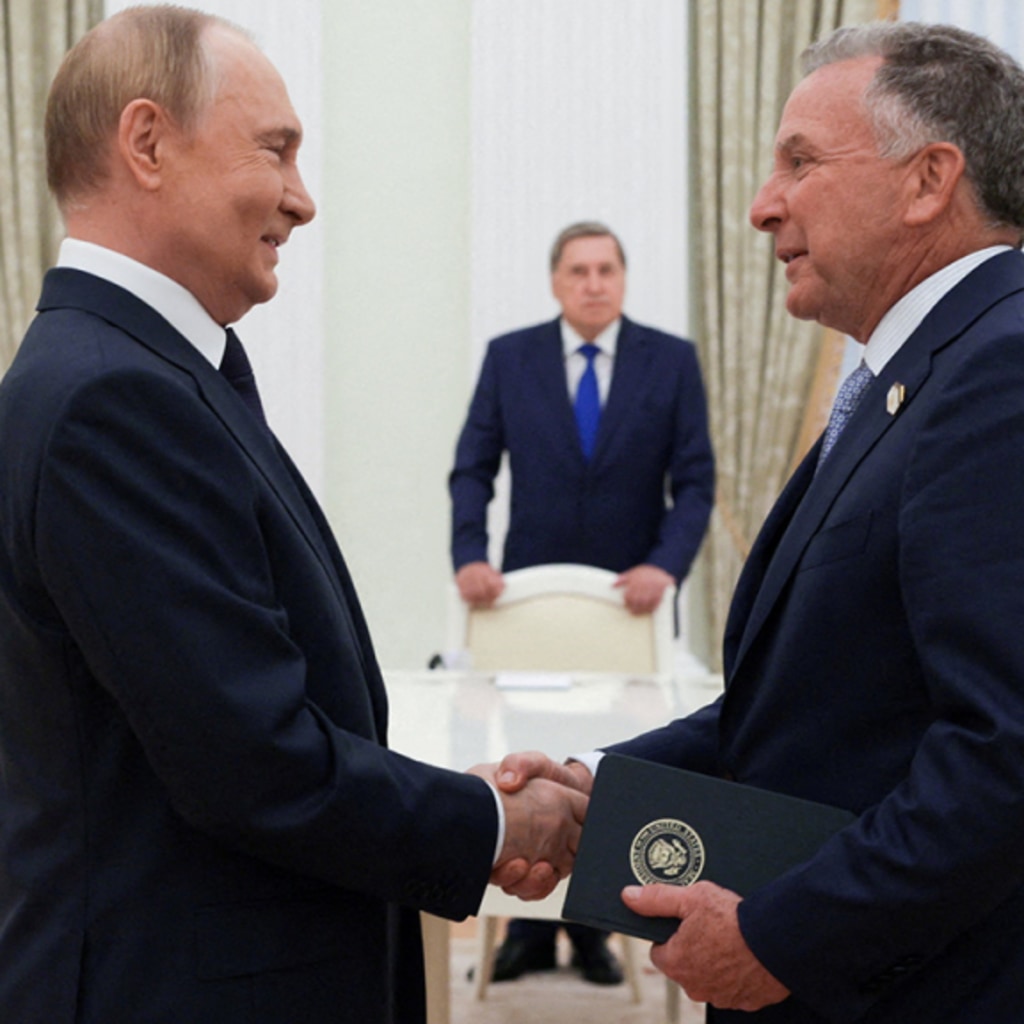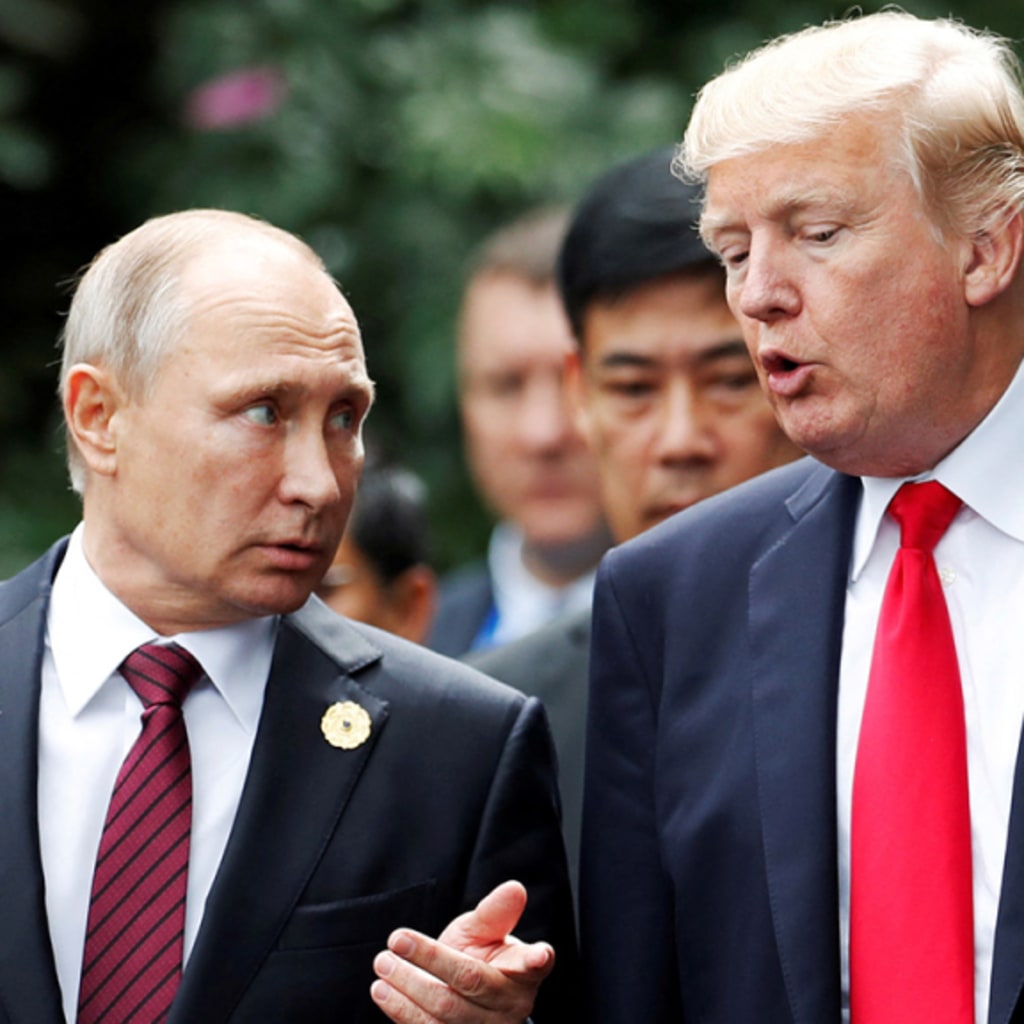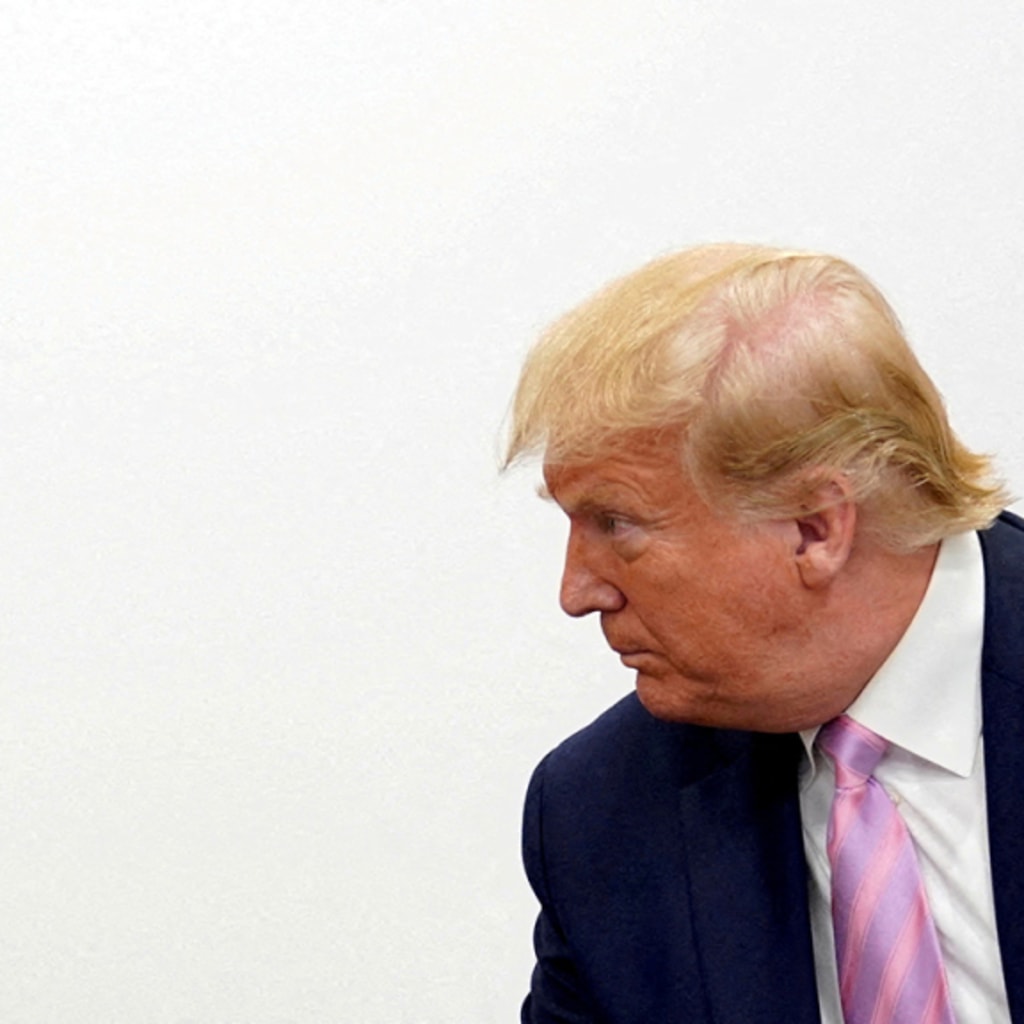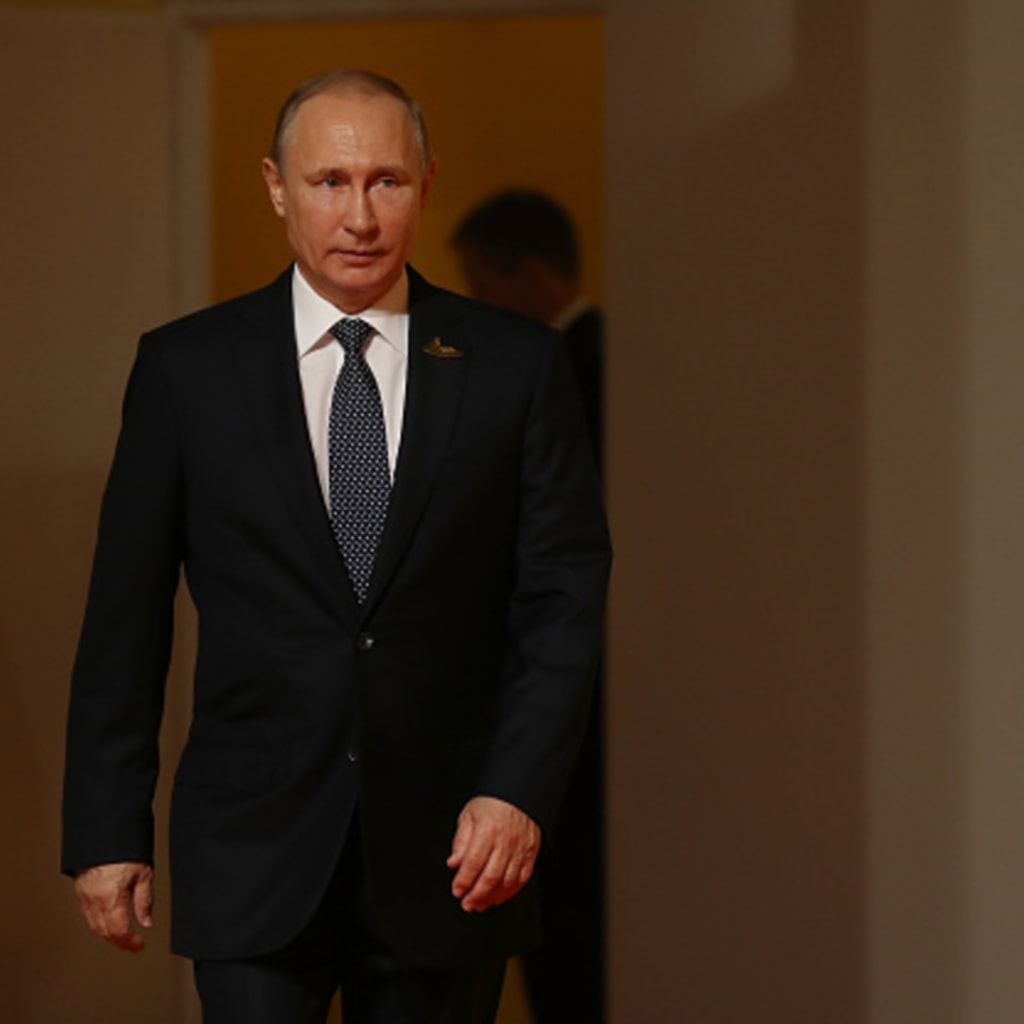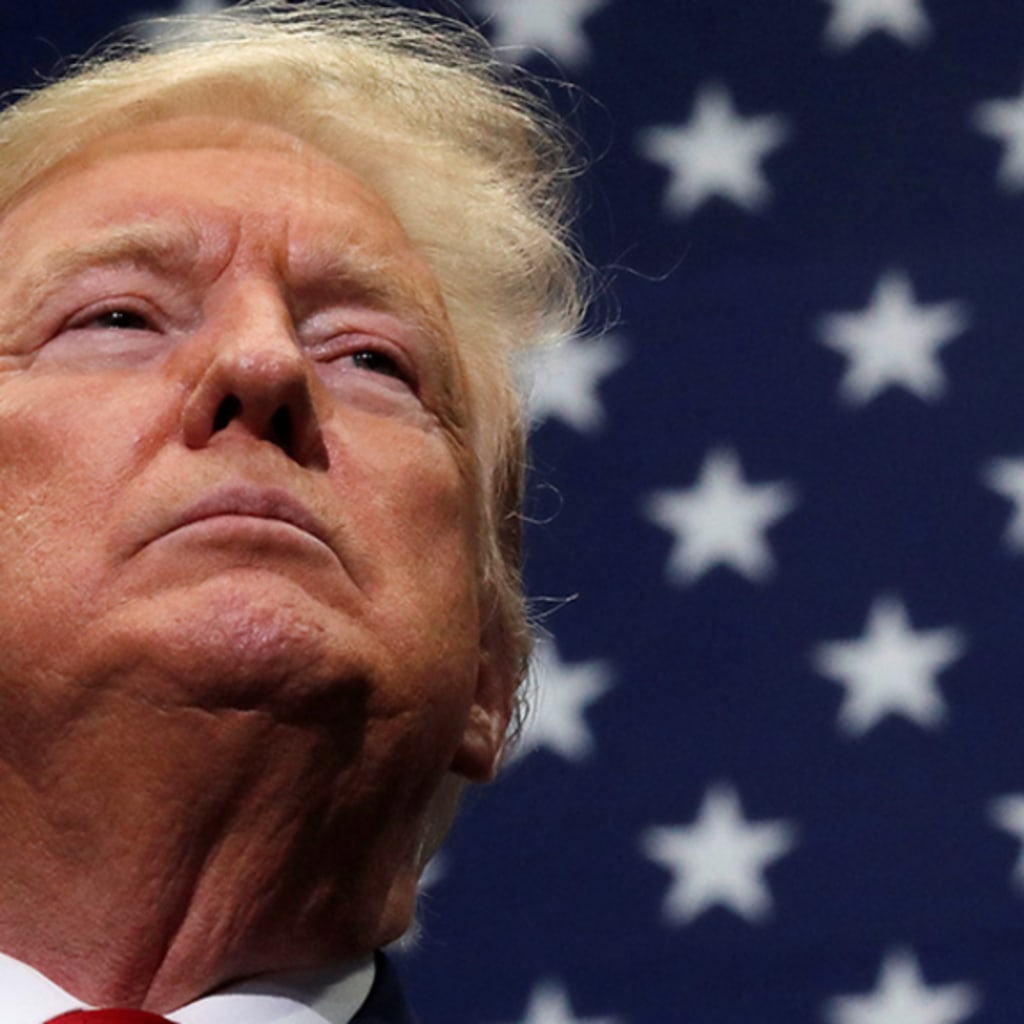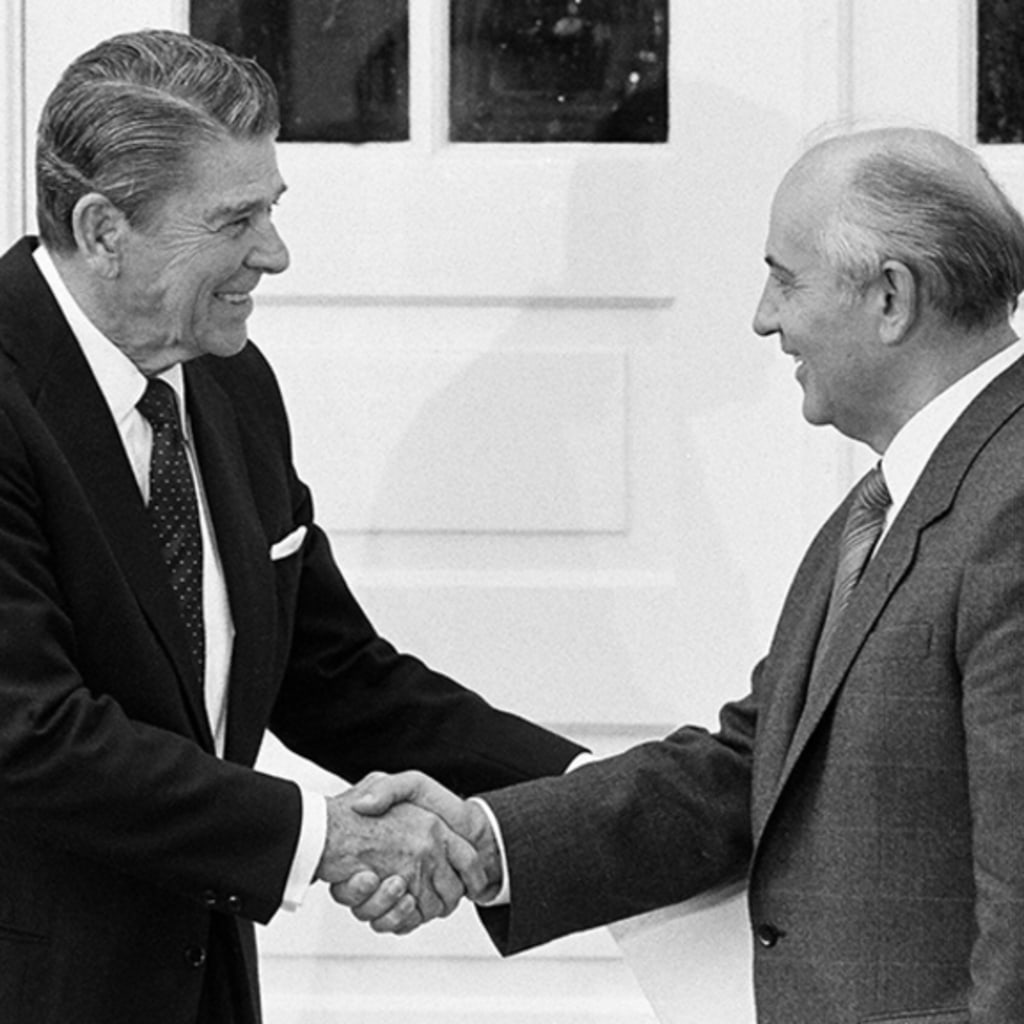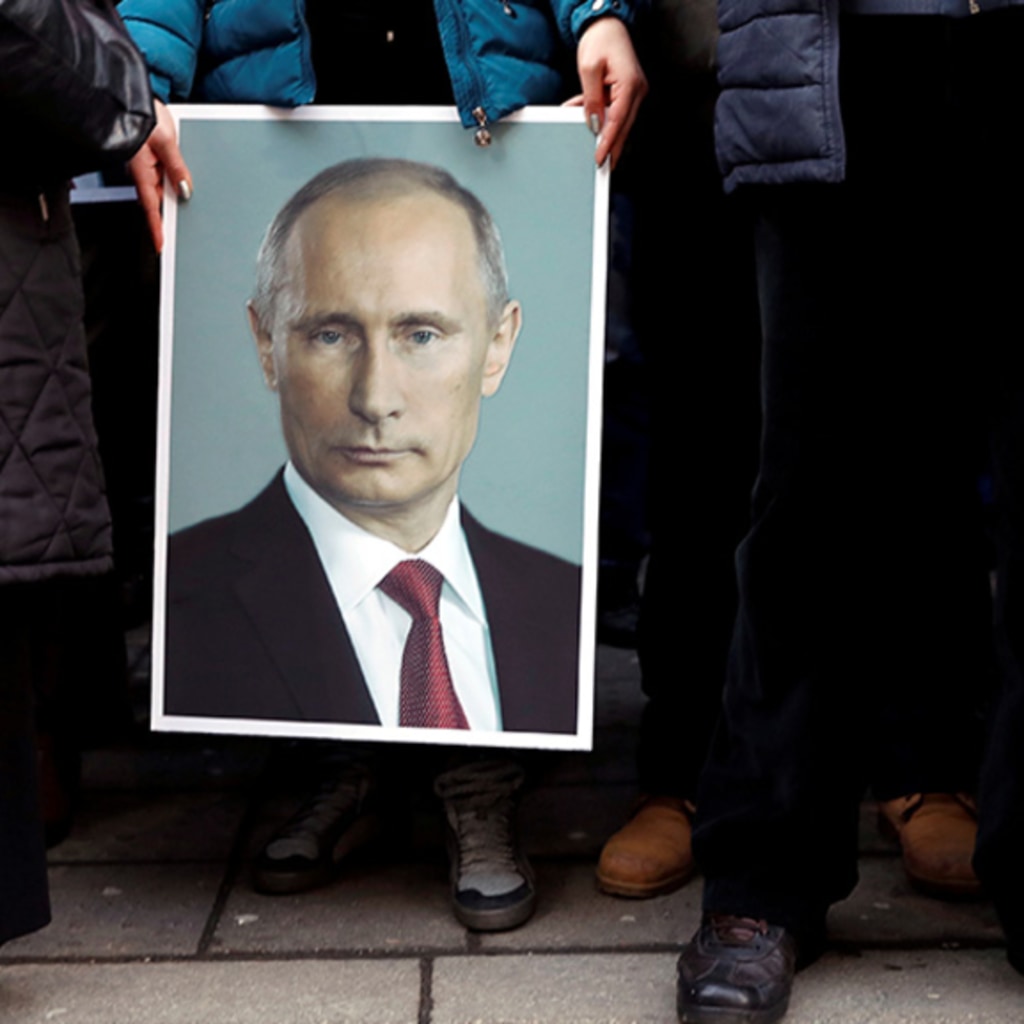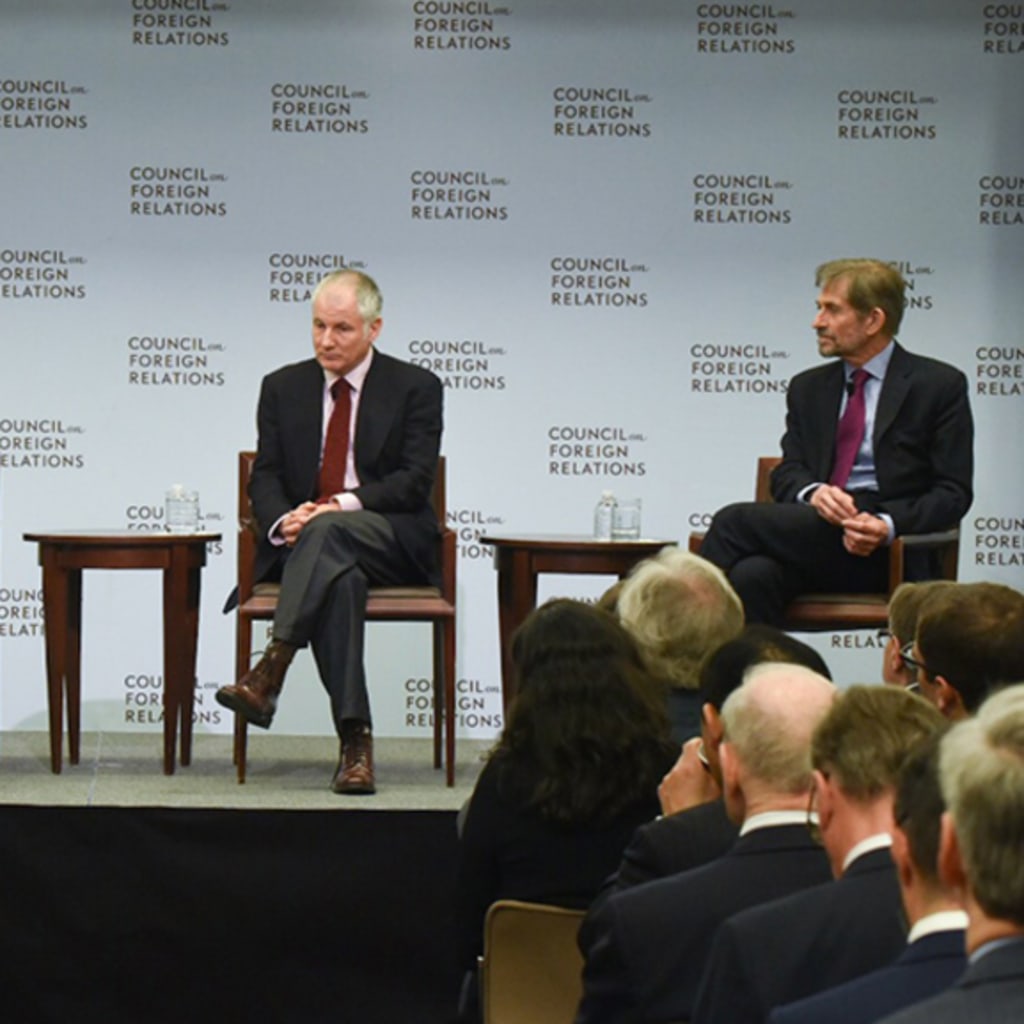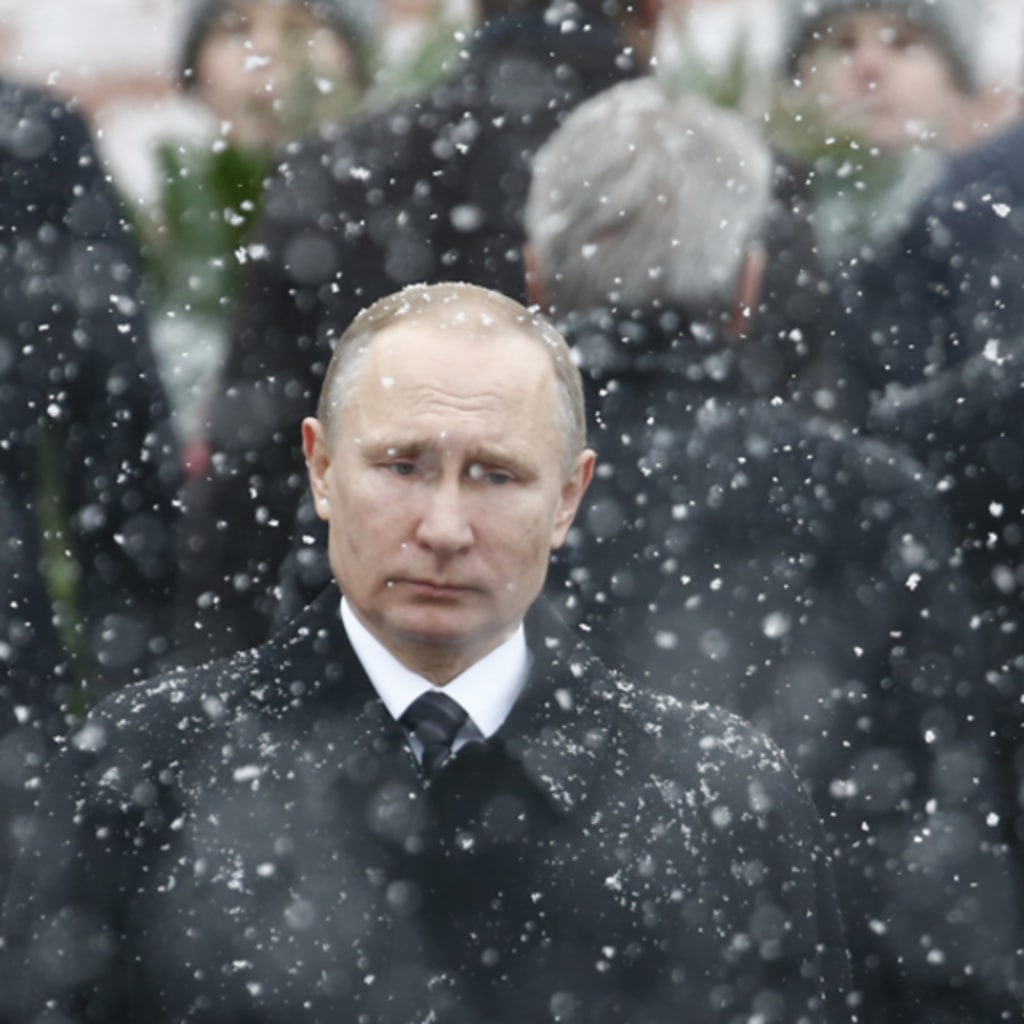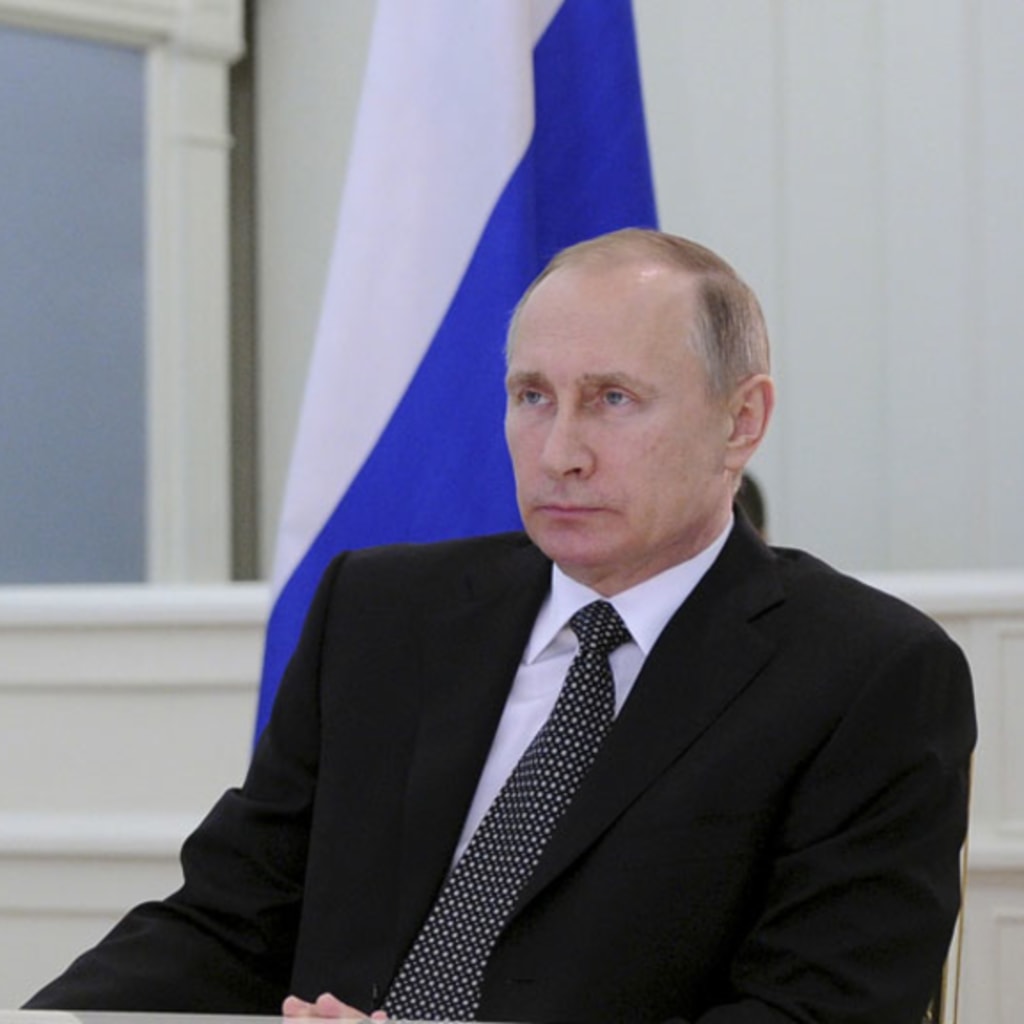
Stephen Sestanovich is the George F. Kennan senior fellow for Russian and Eurasian studies at the Council on Foreign Relations and the Kathryn and Shelby Cullom Davis professor emeritus at Columbia University’s School of International and Public Affairs. He is also the author of Maximalist: America in the World from Truman to Obama, published by Knopf in February 2014.
From 1997 to 2001, Sestanovich was the U.S. State Department’s ambassador-at-large for the former Soviet Union. He has also served as vice president for Russian and Eurasian affairs at the Carnegie Endowment for International Peace, director of Soviet and East European studies at the Center for Strategic and International Studies, senior director for policy development at the National Security Council, a member of the State Department’s policy planning staff, and legislative assistant to Senator Daniel Patrick Moynihan.
Ambassador Sestanovich received his BA summa cum laude from Cornell University and his PhD from Harvard University. He comments frequently on international issues for radio and television, and has written for Foreign Affairs, New York Times, Washington Post, Wall Street Journal, Foreign Policy, American Interest, New Republic, Politico Magazine, National Interest, and other publications. He is a member of the board of directors of the National Endowment for Democracy.
Affiliations
- School of International and Public Affairs, Columbia University, Kathryn & Shelby Cullom Davis professor of international diplomacy

